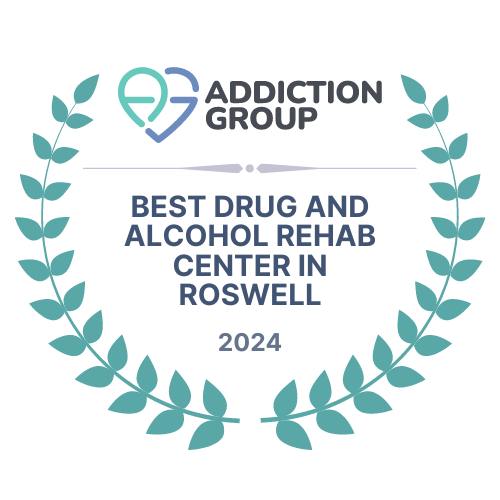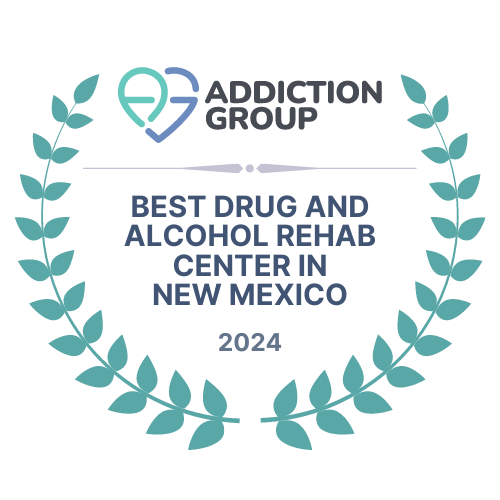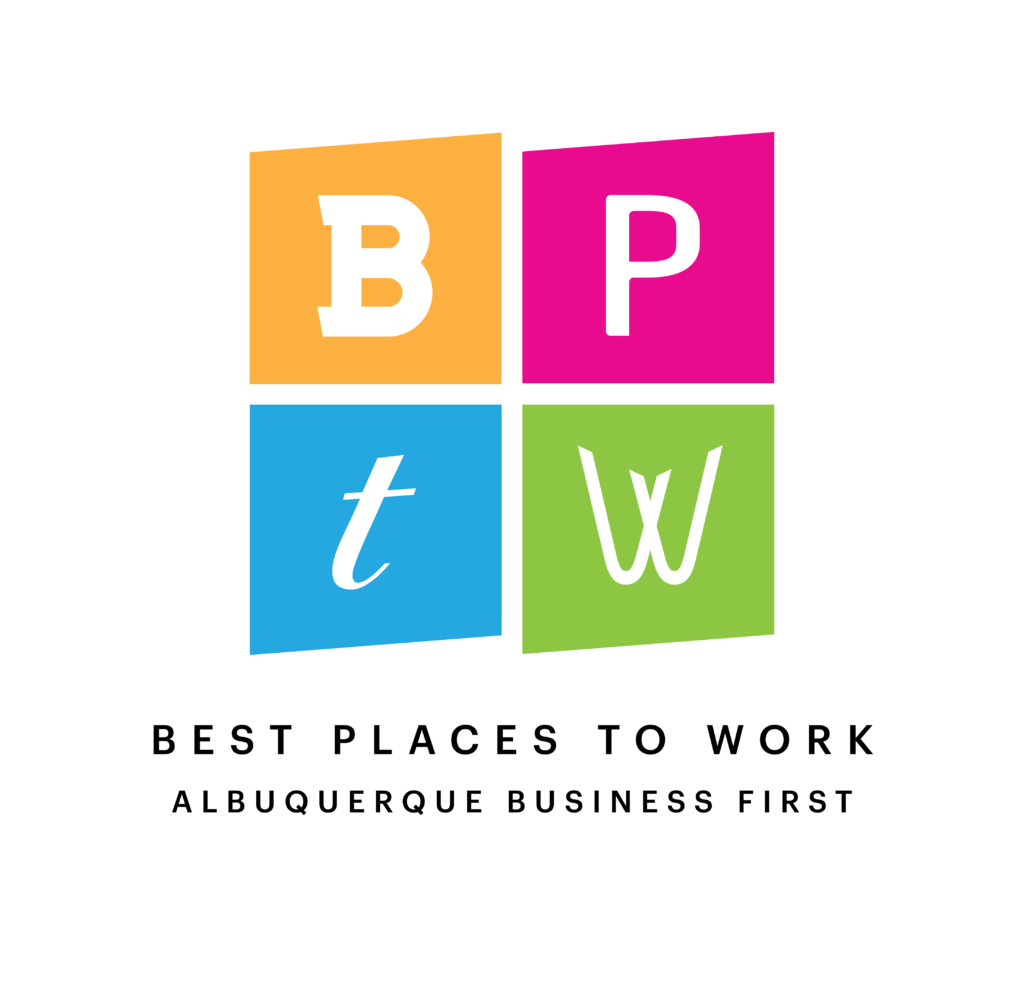The journey to recovery from addiction is often challenging and requires comprehensive support. Family plays a crucial role in this process, providing emotional, psychological, and sometimes financial support to their loved ones. This blog post explores the significant impact of family involvement in addiction recovery, offering insights and practical tips for families supporting their loved ones through this difficult journey.
Understanding Addiction
Addiction is a complex disease that affects the brain and behavior, leading to an inability to control the use of substances despite harmful consequences. Understanding that addiction is a disease, not a moral failing, is crucial for families to provide the necessary support. It is a chronic condition that often requires long-term treatment and support, similar to other chronic diseases like diabetes or heart disease.
The Impact of Addiction on Families
Addiction affects not only the individual but also their family members. The impact can be emotional, financial, and social, leading to strained relationships, financial difficulties, and social isolation. Family members may experience feelings of guilt, shame, anger, and frustration as they navigate the challenges of supporting their loved one.
How Families Can Support Addiction Recovery
Families play a vital role in the recovery process, and their support can significantly influence the outcome. Here are some ways families can support their loved ones:
- Educate Themselves: Understanding addiction and its effects can help families provide informed support. Learning about the treatment process, relapse triggers, and coping strategies can empower families to be effective supporters.
- Encourage Treatment: Encouraging a loved one to seek professional help is a critical step. Families can assist in finding appropriate treatment programs and support their loved ones in attending appointments and following treatment plans.
- Set Boundaries: Setting clear and healthy boundaries is essential to protect the well-being of family members and support the addiction recovery process. This can include establishing rules around substance use and behaviors that are unacceptable within the family dynamic.
- Practice Empathy: Empathy and understanding are crucial in supporting a loved one with addiction. Recognizing that addiction is a disease and showing compassion can help build trust and encourage open communication.
- Avoid Enabling Behaviors: While it is natural to want to help a loved one, enabling behaviors can hinder recovery. This includes providing financial support that may be used to purchase substances or covering up for negative consequences of substance use.
Healthy Communication Strategies
Effective communication is key to supporting a loved one in recovery. Here are some strategies for healthy communication:
- Active Listening: Listen without interrupting and show that you understand your loved one’s feelings and experiences.
- Use “I” Statements: Express your feelings using “I” statements to avoid sounding accusatory. For example, “I feel worried when you don’t come home on time” instead of “You never come home on time.”
- Be Supportive and Non-Judgmental: Offer support without judgment or criticism. Encourage positive behaviors and celebrate small victories.
- Seek Professional Help: Family therapy can provide a safe space to address issues, improve communication, and strengthen family bonds.
Family Therapy and Support Groups
Family therapy is an integral part of addiction treatment. It helps families understand addiction, improve communication, and develop strategies to support recovery. Support groups, such as Al-Anon and Nar-Anon, provide families with a network of peers who understand their experiences and offer mutual support.
Renew Health’s Family Support Programs
At Renew Health, we recognize the critical role of family in the recovery process. Our family support programs are designed to educate, empower, and support families as they navigate the challenges of addiction recovery. These programs include:
- Family Education Workshops: These workshops provide families with information about addiction, treatment options, and strategies for supporting their loved ones.
- Family Therapy Sessions: Our licensed therapists facilitate family therapy sessions to improve communication, resolve conflicts, and strengthen family relationships.
- Support Groups: We offer support groups for family members, providing a safe space to share experiences, gain insights, and receive support from others in similar situations.
Success Stories from Renew Health
Many families have benefited from our family support programs. For example, the Johnson family, whose son struggled with opioid addiction, found renewed hope and strength through our family therapy sessions. By working together, they were able to rebuild trust, improve communication, and support their son’s journey to recovery. Their story is a testament to the power of family involvement in addiction recovery.
Conclusion
The role of family in addiction recovery cannot be overstated. Families provide essential support that can significantly influence the recovery process and outcomes. At Renew Health, we are committed to supporting both individuals and their families through comprehensive treatment and family support programs. If your family is facing the challenges of addiction, reach out to Renew Health for guidance and support. Together, we can navigate the journey to recovery.









